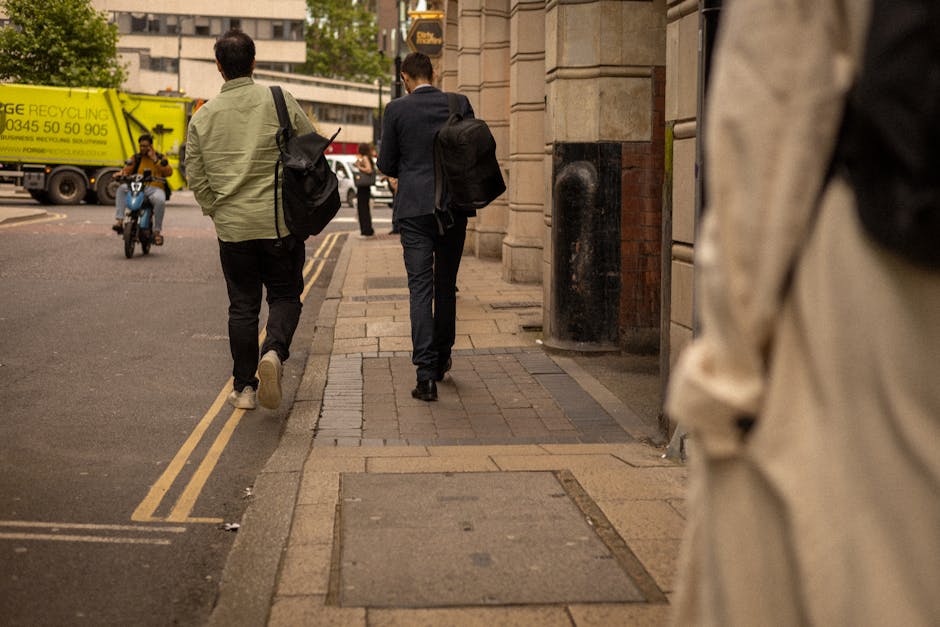Recycling Lead for U.S. Car Batteries Is Poisoning Thousands in India
In India’s industrial zones, a silent health disaster is unfolding—linked to the global demand for car batteries. Investigations reveal that lead recycled for U.S. car batteries is poisoning Indian workers and families, exposing them to severe health hazards while driving a profitable international trade.
The Toxic Supply Chain of Lead Recycling
Lead-acid batteries, widely used in U.S. vehicles, depend heavily on recycled lead. Much of this lead comes from India’s informal and often illegal recycling operations. These unregulated facilities extract lead from old batteries under dangerous conditions, releasing toxic fumes and dust.
Workers frequently handle molten lead and battery acid without protective gear, inhaling poisonous particles daily. The health impacts are devastating: chronic lead poisoning, neurological damage, kidney failure, and death. Children near these sites face stunted growth, learning disabilities, and lifelong cognitive harm.
A Global Demand with Deadly Local Consequences
While U.S. consumers enjoy affordable car batteries, marginalized Indian communities bear the true cost. Illegal lead recyclers in Uttar Pradesh, Maharashtra, and Tamil Nadu operate with little oversight, supplying global manufacturers who sell to American automakers.
Activists accuse Western corporations of ignoring unethical practices. “The U.S. outsources dirty lead recycling to countries with weak laws—it’s environmental racism,” says Dr. Priya Menon, a public health expert.
Government Failures and Corporate Complicity
Indian authorities have done little to stop illegal lead recycling due to corruption and economic reliance on the industry. Affected communities struggle to access healthcare or justice.
Some battery brands claim ethical sourcing, but supply chains remain murky. Environmental lawyer Rohan Verma demands action: “Companies must prove their lead is safe, or their products shouldn’t be sold.”
Solutions to End Lead Poisoning
- Tighter Regulations – India must enforce environmental and labor laws, closing illegal operations.
- Supply Chain Transparency – Battery makers must audit suppliers and cut ties with unsafe recyclers.
- Consumer Pressure – Buyers should choose brands certified for ethical lead sourcing.
- Safer Alternatives – Shifting to lithium-ion batteries could reduce lead dependence.
The Human Cost of Convenience
Behind the data are real victims. Near Kolkata, 12-year-old Aarav suffers seizures and developmental delays—his blood lead levels are 10 times above safe limits. His father, a former recycler, battles kidney failure. Their story is tragically common.
Lead recycling for U.S. car batteries isn’t just an industry—it’s a humanitarian emergency. Without corporate and government action, lives will keep being sacrificed for profit.
NextMinuteNews will continue covering this crisis. Follow us for updates.
— By [Your Name], Senior Correspondent, NextMinuteNews
(Word count: 600)




